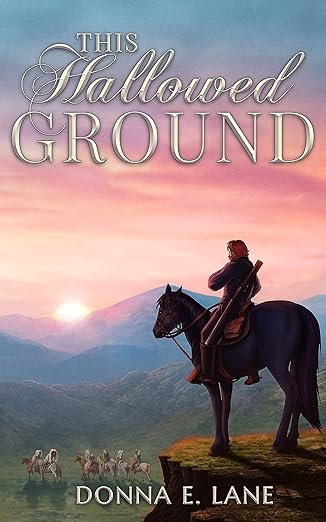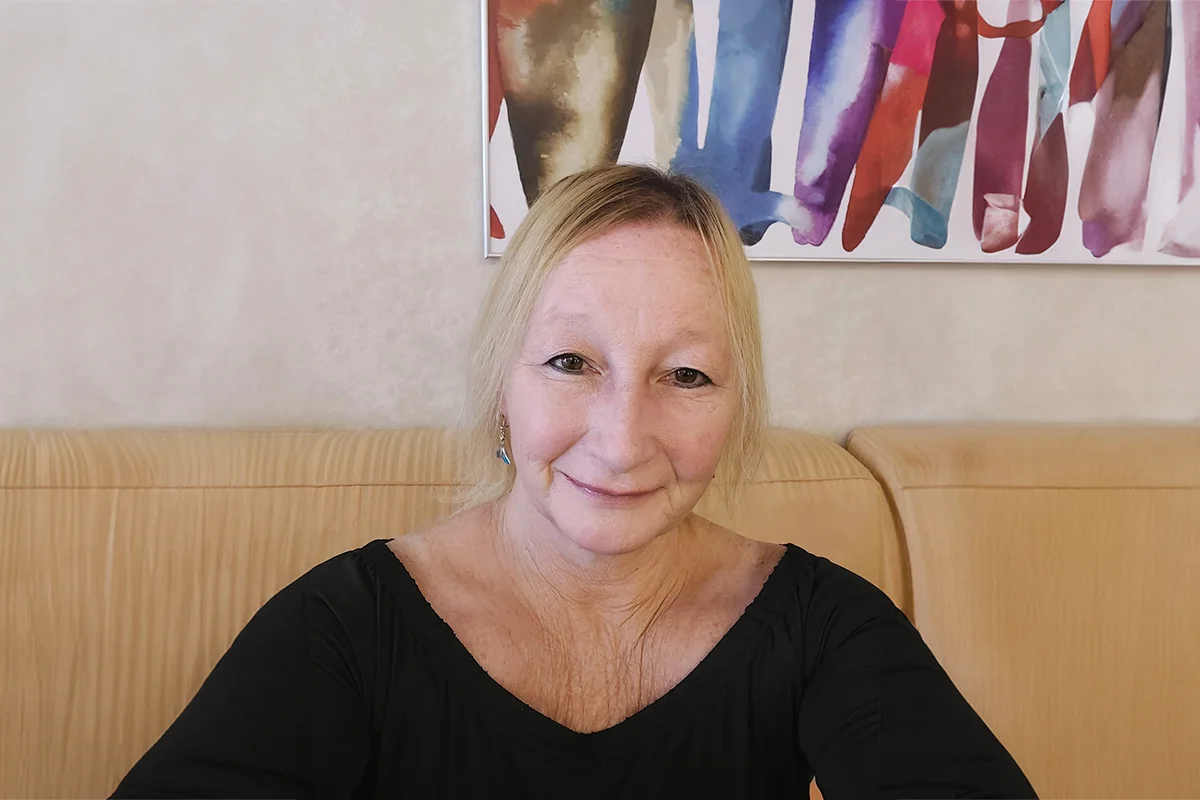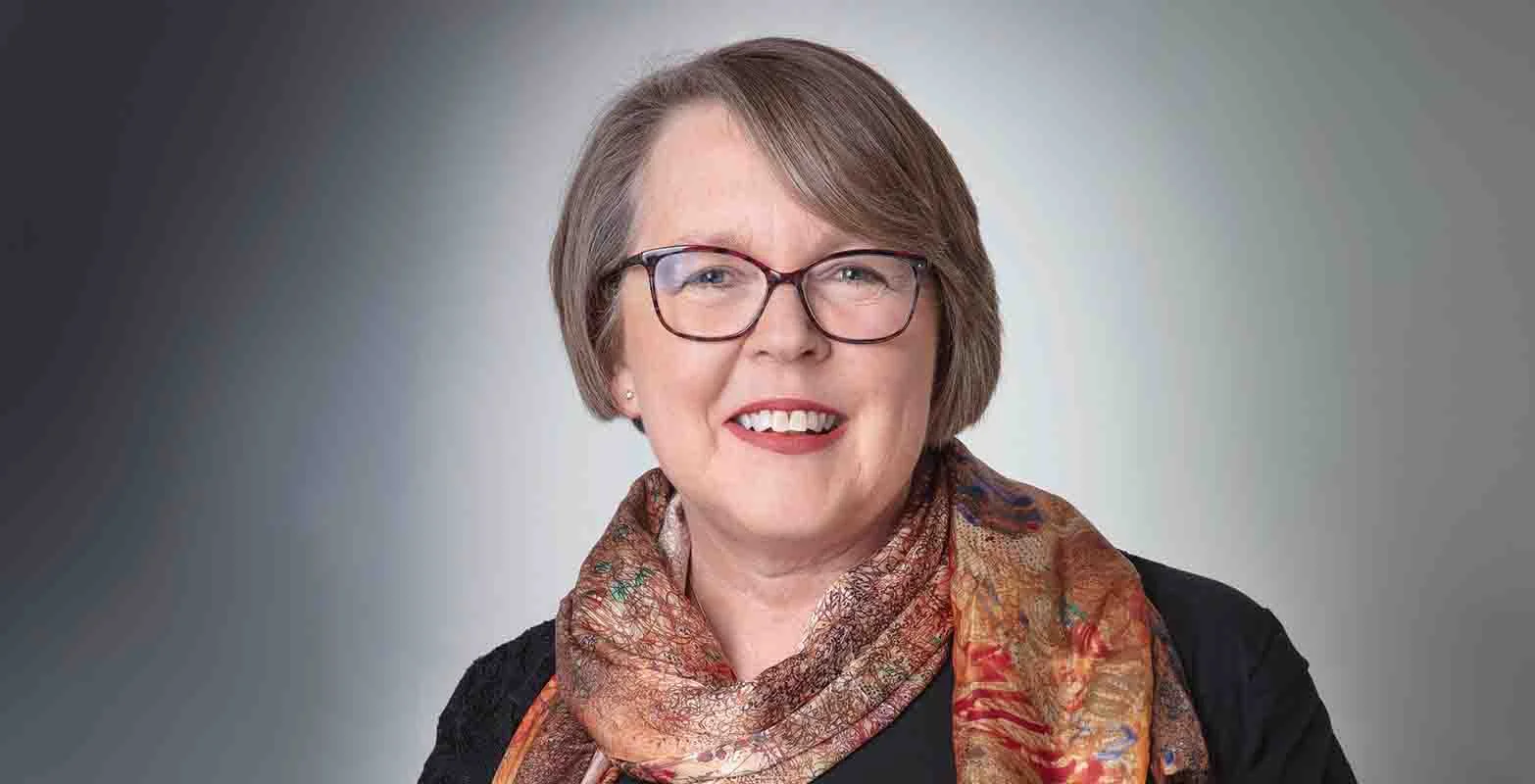Dr. Donna E. Lane Shares Her Deeply Moving Stories Of Faith, Healing, And Redemption

Photo: Dr. Donna E. Lane and her husband, David, share a serene, reflective moment together, embodying the partnership and inspiration behind her transformative storytelling and faith-centered works.
Fiction Rooted In Spiritual And Psychological Truths
Dr. Donna E. Lane discusses her unique approach to storytelling, blending spiritual depth, psychological insights, and personal experience to create powerful faith-based novels and transformative devotionals across multiple genres.
Dr. Donna E. Lane stands as a beacon of literary excellence, seamlessly blending her expertise as a Christian counselor and spiritual director with her profound gift for storytelling. Her works not only entertain but deeply challenge and inspire, inviting readers to grapple with themes like trauma, faith, redemption, and the complexities of human relationships. Through her meticulously crafted characters and riveting narratives, she offers both solace and wisdom that transcend the pages of her books. Whether she’s guiding readers through Biblical reflections, exploring frontier life, or revealing fantastical worlds, Dr. Lane’s voice resounds with authenticity and purpose.
Her ability to weave spirituality and psychological depth into her stories is nothing short of remarkable. Books like This Hallowed Ground and Scorched Earth transport readers to emotionally staggering moments in history, while her devotional works—The Way of the Shepherd, Dwelling, and Seeking Treasures—offer invaluable spiritual reflection forged from her own life’s trials and triumphs, including the poignant loss of her son, Cody. Courageous, heartfelt, and deeply rooted in faith, Dr. Lane delivers narratives that resonate with profound truth and hope.
In this exclusive interview, Dr. Donna E. Lane takes us behind the scenes of her extraordinary writing process, shares the motivations that fuel her work, and offers insights from her personal and professional journey. Prepare to be captivated by an author whose words not only tell stories but transform hearts. It is a privilege to showcase her voice in this issue of Novelist Post magazine—a voice that continues to enrich lives and elevate the literary world.
Your historical novel, This Hallowed Ground, vividly portrays frontier life—how did your experience as a Christian counselor influence your depiction of the challenges your characters face?
My first step in writing any novel involves fleshing out the main characters by building an extensive backstory, most of which will never make it into the novel. For the main character in This Hallowed Ground, Mac, I imagined his parents’ and grandparents’ history and beliefs, which directly impacted Mac’s development. I learned about this process from my experience as a Christian counselor, where one of the first things I do is ask the client to share their life story—childhood experiences and relationships, the nature of their parents’ marriage, extended family history, and any significant events or traumas in their lives. Experiences inform beliefs and responses, so the narrative of my client’s life tells me a lot about what their struggles will be in the present. In the same way, the “experiences” of my main characters inform how they view and respond to their world. This process also helps make my characters multidimensional and realistic, helping readers to relate to them as individuals, even if their experiences are vastly different, such as living through the Civil War and the Western frontier.
What motivations prompted you to write This Hallowed Ground and Scorched Earth?
My husband and I took a summer trip out west to canyon country, and during that trip, we drove through the Navajo reservation. I was moved to tears by the experience. They’ve been relegated to land that settlers deemed useless, with little or no means to provide for themselves, leaving them dependent on a government that cares little for their fate. For strong, proud people, the psychological consequences of this mistreatment would be enormous. I was also struck by how little notice, comparatively, is given to their story and the horrors that led to where they are now. I told my husband if I were starting my career instead of moving toward retirement, I would move out west and counsel the indigenous population. He suggested I write their story instead.
In Scorched Earth, redemption is a central theme. How did you balance portraying hardship and faith without tipping into sentimentality?
I anchored this series in the story of Job as its Scriptural foundation. Job’s story doesn’t tend toward sentimentality, but it speaks about the kind of deep faith that sustains someone through significant trauma and loss. I don’t “sugarcoat” the pain with a whitewash of faith in these stories; instead, I explore how faith can promote posttraumatic growth, which research shows is beneficial in healing from significant pain and suffering. Finding the redemption in a trauma narrative is part of posttraumatic growth.
The Way of the Shepherd, Dwelling, and Seeking Treasures offer spiritual reflections—how did your personal spiritual journey shape its devotional tone?
My youngest son, Cody, had a progressive neurological disorder, resulting in his death at age 17. His life journey, his relationship with Christ, and his loss have had a significant impact on my spiritual journey. I’ve said many times, if I didn’t have Jesus to carry me through the most terrifying, powerless, and overwhelming experience of my life, I would’ve curled up in the fetal position and never moved again. Cody taught me more than anyone else in my life about how to walk through suffering and face death, about what it means to have a true connection with Jesus, and about the strength God provides through faith. I share the lessons I learned from him in my devotional and Biblical study books.
Your background in counseling informs complex character motivations—can you share a scene where that insight surprised even you?
In This Hallowed Ground, Mac returns from the Civil War to find his mother and sisters murdered by Union soldiers in his absence. Writing the unfolding of the scene where he learned of their fate and his responses to their loss was a deeply emotional experience for me, and I was surprised by the turn it took. Mac had faced unbelievable trauma during the war, from being wounded to seeing his father and best friend killed to being forced to kill opposing soldiers against his religious beliefs. Yet, it was the loss of his family that broke him. In a last-ditch effort to reclaim his family’s stolen land, Mac traded five years of his life to the Union army—the very people who committed those heinous murders—to fight the natives in the west in exchange for his land.
In The Interview, choices and consequences drive the narrative—what personal or professional experiences shaped that theme?
The importance of choices and the acceptance of responsibility for those choices and their consequences is a major theme in my Christian counseling and spiritual direction practice. I work primarily with trauma survivors, so I’m well-acquainted with the victim mentality that can come from experiencing abuse and other forms of trauma. Survivors often feel a loss of authority over their lives, and in fact, it was true that they didn’t choose their traumatic experiences. But when that victimized thinking extends forward from the trauma into the rest of their lives, the damage done by the abuser or trauma experience continues as if the trauma is still happening in their present. The result is extremely damaging emotionally and psychologically. The Interview explores the choices of one young trauma survivor as she faces the temptations of evil and her own demons during an interview with Satan.
You draw inspiration from Tolkien and Lewis—how have their works influenced your world‑building and theological themes?
I admire Lewis’ brilliance in explaining Biblical truths in unique ways that challenge and enlighten. He crossed over genres, which encouraged me to write in multiple genres, despite all the feedback I received urging against it. Tolkien is the grandfather of fantasy fiction. He has no equal. His use of theological themes without preaching or heavy-fisted allegory is something I aspire to mirror. The Interview is based on Lewis’ Screwtape Letters, my fantasy series mirrors many elements of Lewis’ Space Trilogy, and Dwelling explores the same concepts as Lewis’ Great Divorce.
What one piece of practical advice would you offer aspiring authors aiming to write compelling, faith‑based fiction?
Write what is in your heart.
Editor’s Note

Dr. Donna E. Lane is an award-winning author celebrated for her emotionally resonant historical fiction. Her writing blends deep spirituality, vivid history, and redemptive human journeys that explore faith, forgiveness, and transformation.
Set against the aftermath of the Civil War, This Hallowed Ground is a powerful tale of redemption, loss, and faith. Donna E. Lane delivers a stirring Western epic following Aidan MacAlister’s haunted journey from battlefield hero to broken soul, as he seeks peace and grace amidst the untamed American frontier.

















